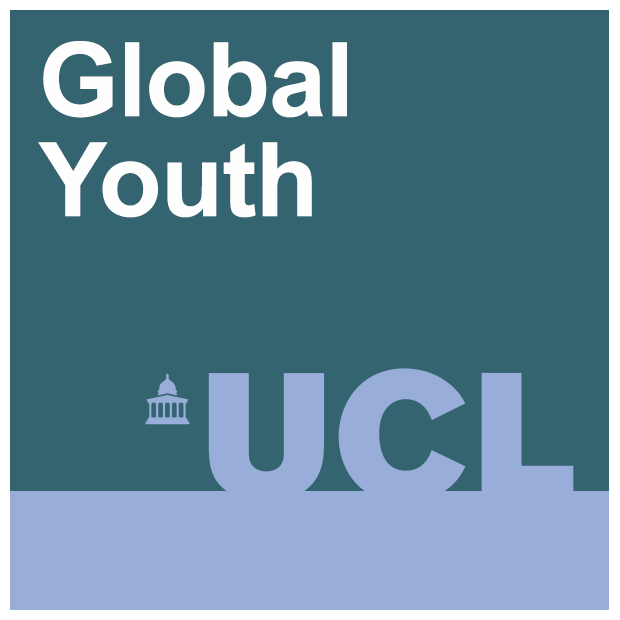Youth attitudes towards mobility and migration: Exploring the dynamics of globalisation in coastal communities
By UCL Global Youth, on 5 November 2018
This project is funded by UCL Grand Challenges’ GCCU strand, and led by Avril Keating (CGY), Johanna Waters (Geography) and Claire Cameron and Abigail Knight (TCRU).
The aim of this project is to identify research methods and cross-disciplinary intersections that will give us greater insight into how the dynamics of globalisation are shaping youth aspirations and attitudes in coastal communities in England. Coastal towns are of particular interest because the dynamics of globalisation mean they are experiencing greater inward flows (tourists, ex-Londoners seeking cheaper housing, EU migrants) and outward flows (young people leaving to access further study/ work). At the same time, many of these towns are struggling to attract the kind of resources (e.g. good teachers, new jobs, transport investment etc.) that enable young people and coastal communities to flourish.
We will focus in particular on the impact of these dynamics on young people’s attitudes towards, and aspirations for, mobility and migration. It is often assumed that young people are highly mobile. This is a life stage in which young people become more independent and, it is assumed, start to explore new aspects of their communities and countries without assistance from adults. However, contemporary youth are doing this at a time when their communities are changing rapidly, through a combination of: cuts to youth services and transport links; inward migration of immigrants; and the closure of high street shops (which removes both job and leisure opportunities and spaces for young people).
Through our previous research, we believe that there are many unexplored tensions, contradictions, and inequalities in young people’s access to, and attitudes towards, mobility and migration. In this project, therefore, we will examine how new cross-disciplinary connections and new research methods might shed more light on these tensions.
Project Objectives
Our goals are to:
1. Bring together researchers from across UCL to exchange knowledge about the different definitions and theories of belonging, community, mobility, and migration that are being used in different disciplines (sociology, politics, psychology, geography and the Built environment);
2. Explore the relative merits of different data collection methods for tapping into youth experiences of and attitudes towards belonging, community, mobility and migration (e.g. walking interviews; local community ethnographies; arts and visual-based interventions; Big data and social media data);
3. Develop research instruments that enable us to test out how some of the suggested research methods could be used to address our research problem.
4. Consider the ethics of these different methods, particularly given the strictures of the new GDPR regulations; and
5. Lay the foundations for an interdisciplinary and mixed-method funding bid that allows us to extend this work and our understanding of young lives in coastal communities.
Action Plan and Timetable
To achieve these goals, we plan to:
1. February 2019: Conduct a preliminary literature review to identify the range of recent research on the impact of globalisation on coastal communities and key gaps in the field.
2. March 2019: Organise an inter-disciplinary Knowledge Exchange Workshop that brings together researchers from across UCL to share theories, methods, and research design ideas.
3. May 2019: Pilot 3 different methods of data collection in one coastal town, with young people aged 16-18.
4. June 2019: Organise an inter-disciplinary Dissemination and Reflection Workshop to report the results of the pilot and refine our methods.
5. July 2019: Produce a short project report and blog posts
One Response to “Youth attitudes towards mobility and migration: Exploring the dynamics of globalisation in coastal communities”
- 1
 Close
Close




[…] This project is funded by UCL Grand Challenges, and led by Avril Keating (CGY), Johanna Waters (Geography) and Claire Cameron and Abigail Knight (TCRU). To find out more, click here. […]